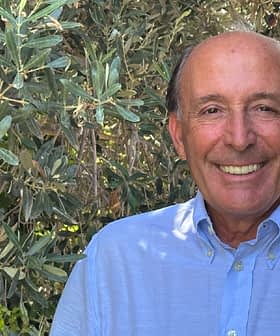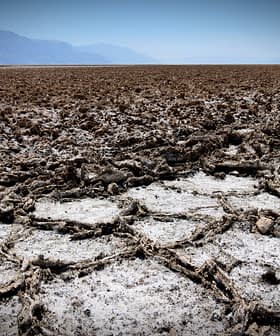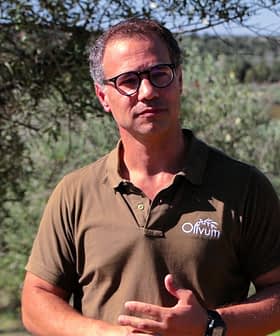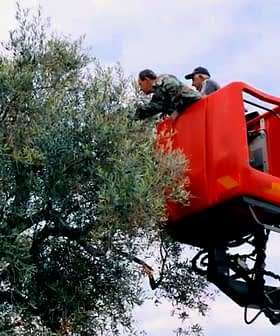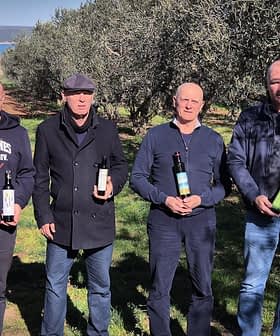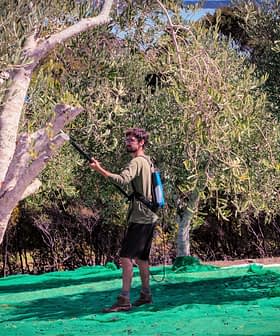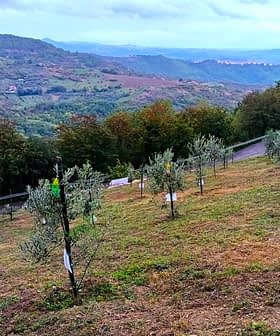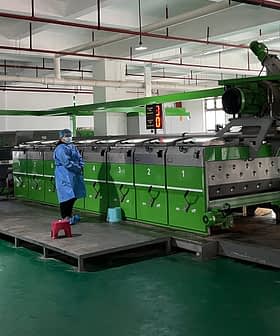Charities to Plant 25,000 Olive Trees in Palestine
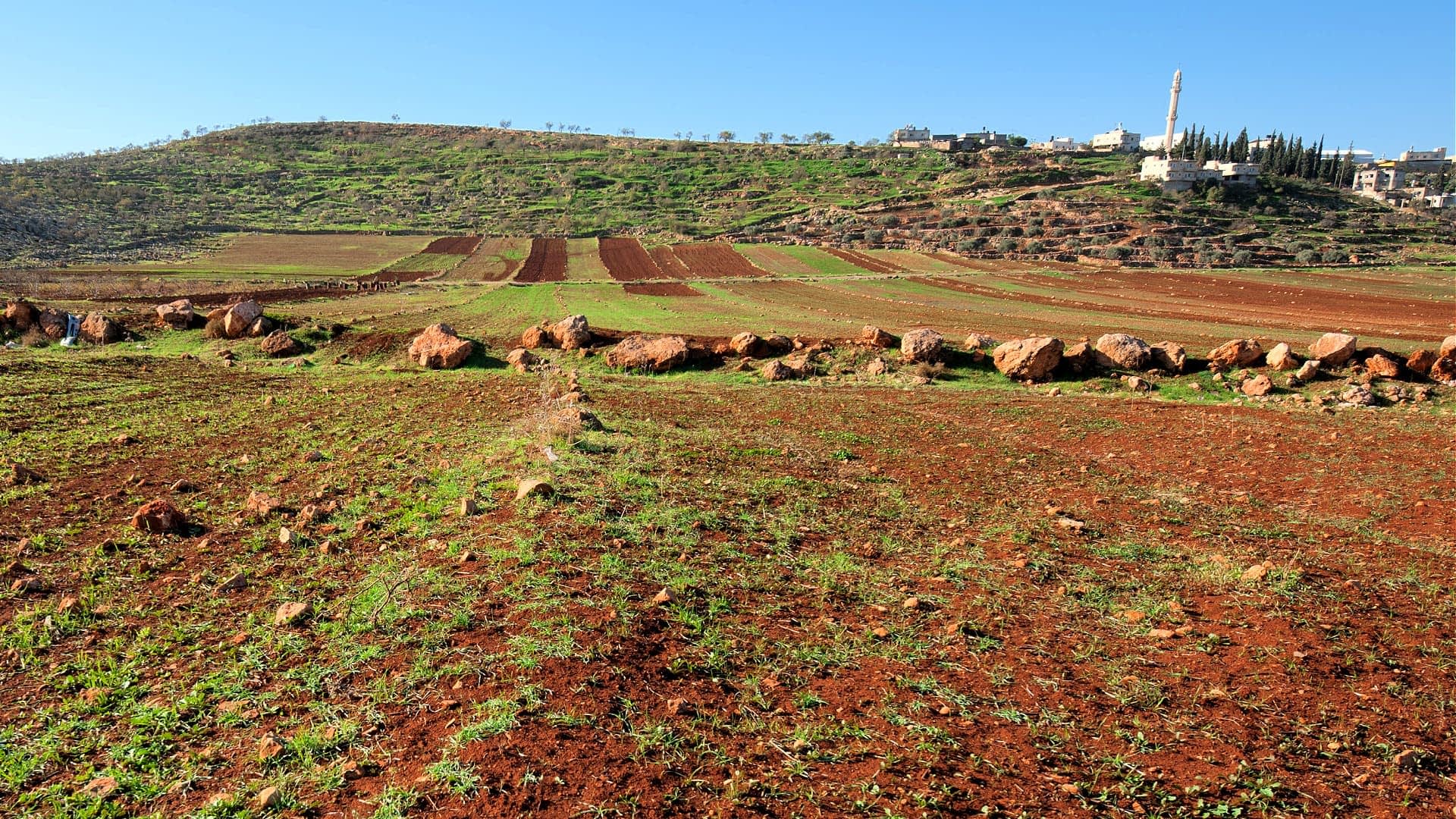
Human Appeal, a British charity, has partnered with two Palestinian NGOs to plant 25,000 olive trees in the state to help revive the olive industry following years of conflict. The project is expected to cover 200,000 square meters, benefit farms throughout the West Bank, help 200 farmers, and result in about four tons of olive oil production annually, providing long-term support for the region.
Human Appeal, a British charity, has partnered with two Palestinian non-governmental organizations (NGOs) to plant 25,000 olive trees in the state.
Their goal is to help revive Palestine’s olive industry following years of conflict that have resulted in the destruction of many olive groves.
Planting these olive saplings is more than securing land for agriculture and supplying a crop that will help these recipients to support themselves into the future. It’s also an important symbol of regrowth for the region.
The project is expected to cover 200,000 square meters and benefit farms throughout the West Bank. The project is expected to help 200 farmers and result in about four tons of olive oil production annually.
Despite recent conflict and climatic extremes, the International Olive Council estimated that Palestine produced 27,000 tons of olive oil in the 2021/22 crop year, 17 percent above the rolling five-year average.
See Also:Despite Challenges, Soap Production Continues in West BankCurrently, there are more than nine million olive trees in Palestine, and about 80 percent of the olive groves are more than a century old.
Olive trees hold a special significance in Palestinian culture as they have critical economic, social and national significance.
In addition, olive trees are ideal crops for this region due to their ability to withstand extreme heat, drought, and poor soils compared to other crops.
“The olive tree carries great symbolic importance for the history of Palestinian agriculture, being synonymous with Palestine for generations across the Middle East,” Mohamad Yousef, head of Human Appeal France, told Arab News.
“Olive trees in this part of the world are among the oldest to be found, with some of them over 1,000 years old,” he added.
Olive production provides income for about 100,000 Palestinian families and creates 25 percent of income earned from the agricultural sector. Almost half of the arable land in the West Bank and Gaza Strip is planted with olive trees.
According to the Observatory of Economic Complexity, olive oil is the second-largest Palestinian export after tropical fruit and brought in €17.1 million in 2019, the last year for which data are available.
“When seeking to provide urgently needed support, it’s vital that we also consider providing long-term support to help the population help themselves,” Yousef said.
“Planting these olive saplings is more than securing land for agriculture and supplying a crop that will help these recipients to support themselves into the future,” he added. “It’s also an important symbol of regrowth for the region.”


